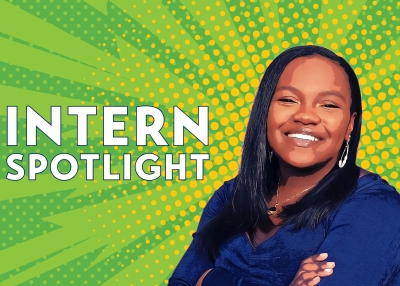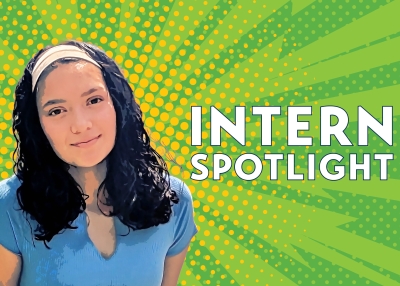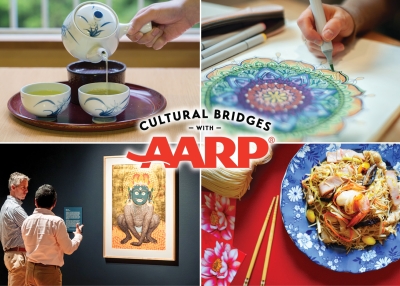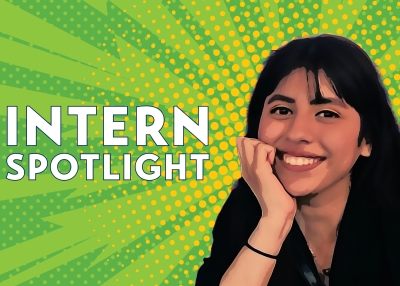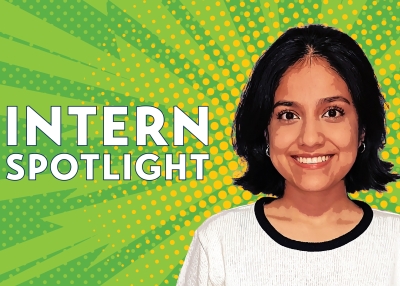Johns Hopkins’ Dr. Vali Nasr Analyzes U.S.-Iran Relations, Future of the Iran Nuclear Deal
Asia Society at Home
Learn More
HOUSTON, February 12, 2021 — With U.S. policy on Iran expected to shift under the Biden administration, Asia Society Texas Center hosted Dr. Vali Nasr, Professor of International Affairs and Middle East Studies at Johns Hopkins University’s School of Advanced International Studies (SAIS), in conversation with Nick Schifrin, Foreign Affairs and Defense correspondent for PBS NewsHour. The two discussed the U.S.’s current relations with Iran and how those relations might change moving forward.
U.S.-Iranian relations under the Trump administration
Dr. Nasr explained that in the last four years, under the Trump administration, the United States veered drastically from its conventional approach to foreign affairs. He noted that the Trump administration had not committed to the same degree of cooperation with American allies as previous administrations, and had withdrawn from the Joint Comprehensive Plan of Action (JCPOA) — more colloquially known as the Iran Nuclear Deal — while simultaneously re-imposing sanctions on Iran under a policy of “maximum pressure.” Critics of Trump’s approach to managing U.S.-Iranian relations believed that withdrawing from the JCPOA only encouraged Iran to more malign behavior, such as Iran's restarting its uranium enrichment program and consequently leaving the U.S. in a less secure position.
Challenges for the Biden administration
A major question for the Biden administration is whether the U.S. re-enters the JCPOA. Schifrin noted that both Iran and the Biden administration have posed pre-conditions for the U.S.’s re-entry into the JCPOA, with the former demanding that the U.S. and remainder of the P5+1 countries that negotiated the original deal increase their compliance, while the U.S. has been critical of Iran’s recent uranium enrichment.
Dr. Nasr said he believed that the Biden administration should re-enter the JCPOA for a few reasons. First, he said the credibility of the U.S. has been significantly diminished under the Trump administration and the Biden administration must work to rebuild that credibility to regain the trust of allies abroad. In addition, he said that since Iran has resumed its uranium enrichment program, the Biden administration must make engaging diplomatically with the Middle East a top priority to reduce tensions. Finally, while Dr. Nasr acknowledged that there was significant opposition to the JCPOA, even from the president’s own party, he shared his view that the JCPOA is a way to maintain long-term peace with Iran, particularly given that the alternative would be to allow deepening tensions between the U.S. and Iran which may eventually lead to war. But Dr. Nasr also underlined the need for consensus in the U.S. government to stay committed to the JCPOA.
Iran’s position and regional politics
Dr. Nasr added that other factors impacting the U.S.–Iran relationship include Iran’s domestic position toward the JCPOA as well as the country's role among other nations in the region. Dr. Nasr explained that Iran, in approaching the U.S.’s potential reengagement in the JCPOA, wants to be treated as an equal in negotiations rather than a lesser player. He also acknowledged that there are elements within the Iranian government who believe that the JCPOA was a mistake, and that Iran has the leverage to pressure the U.S. into allowing Iran to continue its nuclear program.
From a broader perspective, Dr. Nasr indicated that the U.S.’s ability to engage in the Middle East, and therefore Iran, depends on U.S. relations with its Middle Eastern allies. He pointed to the Abraham Accords as an example of the U.S. retreating from its leadership role in the region, leaving Israel to step up in its place. Dr. Nasr added that Iran views Israel and Turkey as its main rivals in the region and said the Biden administration would need to weigh how much the U.S. would follow Israel’s lead in military matters in the Middle East.
Help Us Build a More Inclusive World
Embracing the deal and engaging diplomatically
To summarize, Dr. Nasr expressed his view that the U.S. should engage more diplomatically with the Middle East at large, easing tensions with Iran and simultaneously scaling back military involvement in the region. In doing so, he noted, the U.S. should consider its own position abroad and at home and Iran’s current stance on the JCPOA.
“There are many reasons that the Biden administration should embrace the deal,” Dr. Nasr said. “The question is how does it get to a deal and how quickly it gets to a deal. That’s the big debate.”
He added that a deal is important because “the reasons the United States left the deal has undermined its commitment to multilateral engagements around the world, and [has] damaged America’s credibility in terms of pursuing diplomatic solutions to big problems.”
Business and Policy programs are endowed by Huffington Foundation. We give special thanks to Bank of America, Muffet Blake, Anne and Albert Chao, ConocoPhillips, ExxonMobil, Nancy Pollok Guinee, and United Airlines, Presenting Sponsors of Business and Policy programs; Nancy C. Allen, Chinhui Juhn and Eddie Allen, and Leslie and Brad Bucher, Presenting Sponsors of Exhibitions; Dr. Ellen R. Gritz and Milton D. Rosenau, Presenting Sponsors of Performing Arts and Culture; Wells Fargo, Presenting Sponsor of Education & Outreach; and Mitsubishi Corporation (Americas), Presenting Sponsor of the Japan Series. General support of programs and exhibitions is provided by The Brown Foundation, Inc., The Hearst Foundation, Inc., Houston Endowment, Inc., the City of Houston through Houston Arts Alliance, McKinsey & Company, Inc., National Endowment for the Arts, Texas Commission on the Arts, Vinson & Elkins LLP, and Mary Lawrence Porter, as well as Friends of Asia Society.
About Asia Society at Home
We are dedicated to continuing our mission of building cross-cultural understanding and uplifting human connectivity. Using digital tools, we bring you content for all ages and conversations that matter, in order to spark curiosity about Asia and to foster empathy.
About Asia Society Texas Center
With 13 locations throughout the world, Asia Society is the leading educational organization promoting mutual understanding and strengthening partnerships among the peoples, leaders, and institutions of Asia and West. Asia Society Texas Center executes the global mission with a local focus, enriching and engaging the vast diversity of Houston through innovative, relevant programs in arts and culture, business and policy, education, and community outreach.

